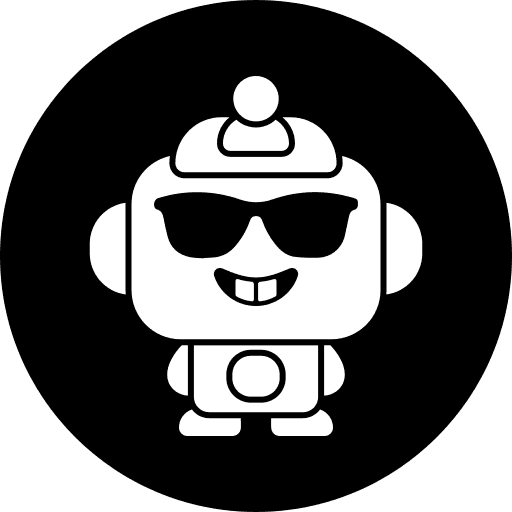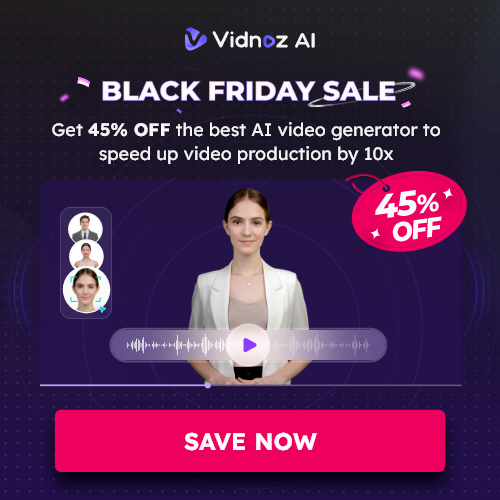The software industry is undergoing a seismic shift as AI-as-a-Service (AIaaS) emerges as a transformative force, challenging traditional Software-as-a-Service (SaaS) models. AIaaS enables businesses to integrate artificial intelligence capabilities seamlessly into their operations without the need for extensive in-house expertise or infrastructure. As a result, companies are beginning to reconsider how they deliver and consume digital services.
Table of Contents
ToggleAccording to market research, AIaaS is projected to grow at a staggering 38.8% compound annual growth rate (CAGR) and could surpass $72 billion by 2030. This shift represents not just an evolution but a redefinition of software’s future.
The Shift from SaaS to AIaaS: Key Differences and Market Trends
1. What is AIaaS?
AIaaS refers to cloud-based AI solutions that businesses can use on demand, similar to how SaaS provides software applications via the internet. However, while SaaS focuses on offering software tools, AIaaS delivers intelligent functionalities such as natural language processing (NLP), machine learning (ML), and computer vision that can enhance decision-making and automation across industries.
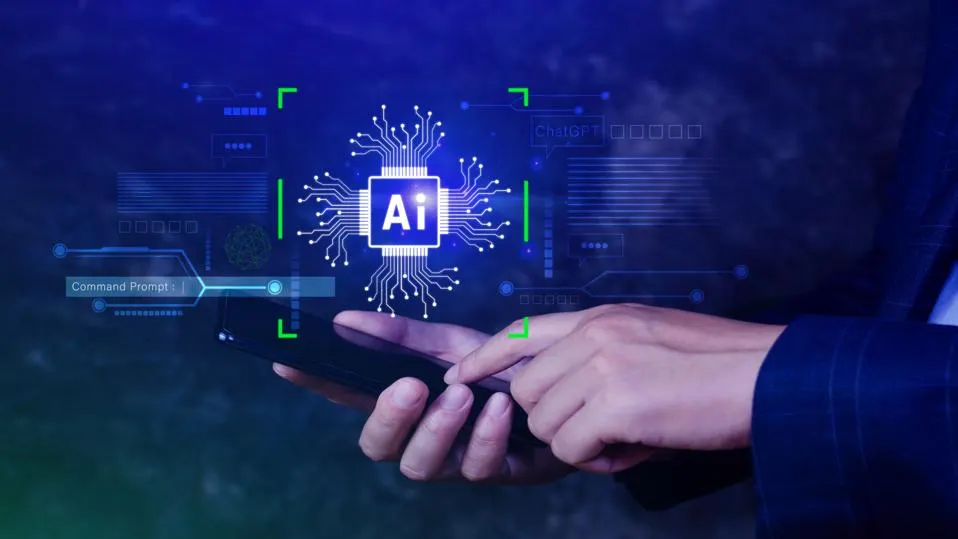
2. Market Growth and Adoption
- Market Valuation: The AIaaS market was valued at $12.7 billion in 2024 and is expected to grow at a CAGR of 30.6% through 2034 (Global Market Insights).
- Enterprise Adoption: A survey by MarketsandMarkets shows that AI-driven automation is a key priority for 76% of enterprises, with AIaaS emerging as the preferred model due to its cost efficiency and scalability.
Key Players and Business Strategies in AIaaS
Several technology companies are leading the AIaaS revolution, each with distinct approaches to market dominance.
1. Anthropic: AI for Business Users
Anthropic, an AI start-up, is targeting enterprise users by offering AI models tailored for professional use. Their AI is designed to streamline workflows, reduce operational inefficiencies, and enhance productivity.
2. Foxconn: AI-Powered Hardware and Services
Foxconn is leveraging AIaaS to power its AI server business, which is expected to generate NT$1 trillion by 2025, accounting for half of its total server revenue (WSJ). The company is positioning itself as a key supplier for AI-driven cloud computing.
3. OpenAI and Google: AIaaS Competition
Companies like OpenAI and Google are integrating AIaaS into their cloud platforms. OpenAI’s GPT-4 and Google's Vertex AI provide AI-powered APIs that businesses can deploy instantly, reducing development time and enhancing functionality.
AIaaS vs. SaaS: The New “Services as Software” Model
AIaaS is disrupting traditional SaaS by introducing a new model—Services as Software (SaaS 2.0). Unlike SaaS, which primarily provides static applications, AIaaS introduces intelligent, real-time data-driven services. This transformation is being driven by:
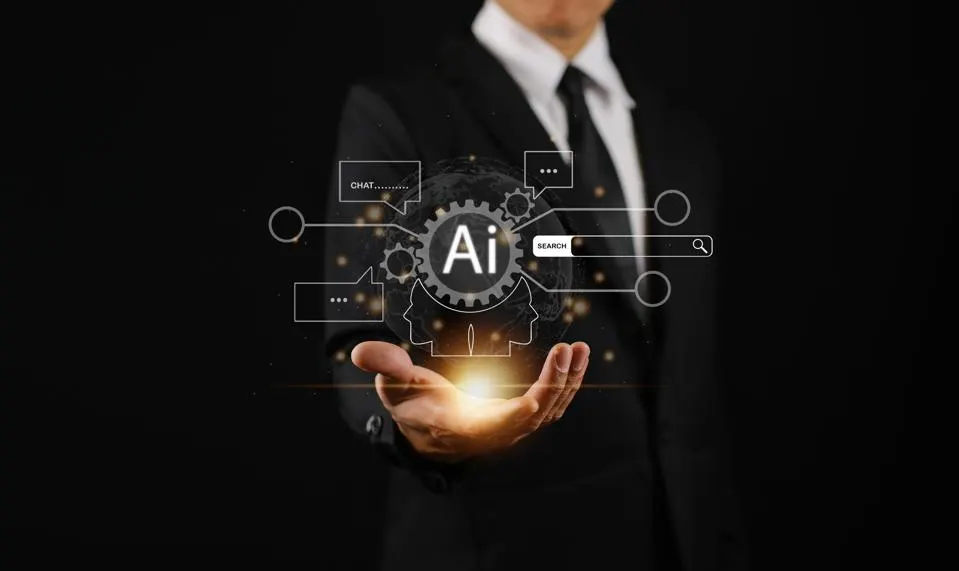
- Outcome-Based Pricing: AIaaS providers increasingly focus on pay-for-performance models rather than flat subscription fees.
- Hyper-Personalization: AI enables software to adapt dynamically to individual user needs, making applications smarter and more efficient.
- Seamless AI Integration: AIaaS removes the technical barriers of AI adoption, making advanced machine learning accessible to non-technical users.
Consumer Trends: How AIaaS is Changing the Market
The rise of AIaaS is reshaping consumer interactions with technology, particularly in how businesses deploy AI solutions.

- Faster AI Adoption: Businesses that previously hesitated to implement AI due to high development costs are now integrating AIaaS solutions rapidly.
- Shift in Software Purchasing Behavior: Companies are moving away from traditional SaaS licensing in favor of pay-per-use AI services.
- AI-First Enterprises: Organizations are rethinking their tech strategies to prioritize AI-native solutions over conventional SaaS applications.
Challenges and Controversies
Despite its promise, AIaaS is not without its challenges.
1. Data Privacy and Security Risks
AIaaS requires vast amounts of data to function effectively. However, concerns over how this data is stored, used, and protected remain a significant issue. Regulatory scrutiny is increasing, with GDPR and other frameworks imposing strict compliance measures.
2. Job Displacement Concerns
As AI takes over more cognitive tasks, industries reliant on traditional software are seeing shifts in workforce demands. While AI creates new job opportunities, roles that involve manual data processing or repetitive decision-making could be at risk.
3. Ethical AI and Bias Issues
AIaaS providers must ensure that their AI models are free from biases that could lead to unfair outcomes. Ethical AI development and transparency in AI decision-making remain hot topics in the industry.
The Future of AIaaS: Where Are We Headed?
The rapid expansion of AIaaS suggests that we are entering a new phase of software consumption:
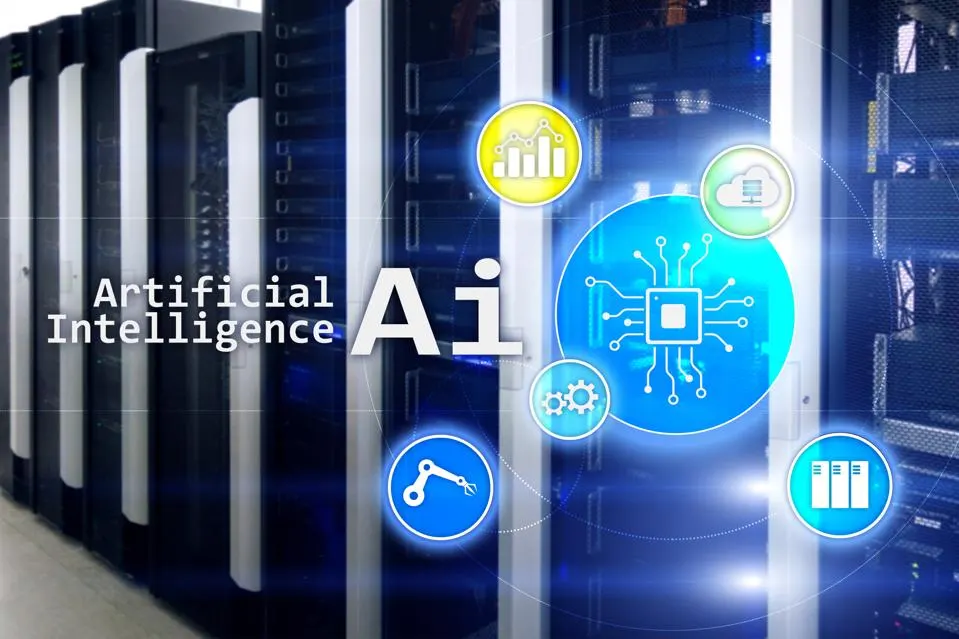
- AI-Driven Enterprises: Companies will increasingly shift toward AI-centric strategies, embedding AI into core business operations.
- Autonomous AI Systems: The next step beyond AIaaS is self-learning AI systems that can operate with minimal human intervention.
- AI and Blockchain Convergence: Secure, decentralized AI models powered by blockchain could emerge to address data security concerns.
Conclusion: The AIaaS Era is Here
AI-as-a-Service represents the next major evolution in the software industry. As enterprises increasingly adopt AIaaS solutions, the traditional SaaS model will need to adapt or risk obsolescence. Businesses that embrace AIaaS stand to gain significant competitive advantages, but they must also navigate challenges related to security, ethics, and workforce transformation. As AI continues to redefine digital services, the future of AIaaS looks poised to shape the next generation of intelligent, adaptive software solutions.

